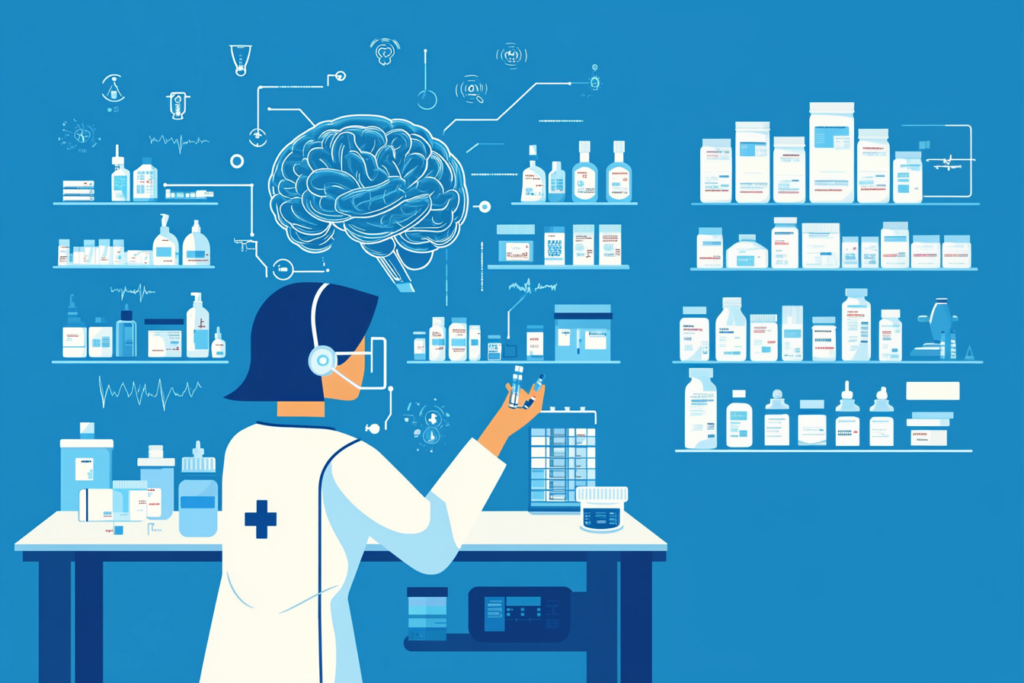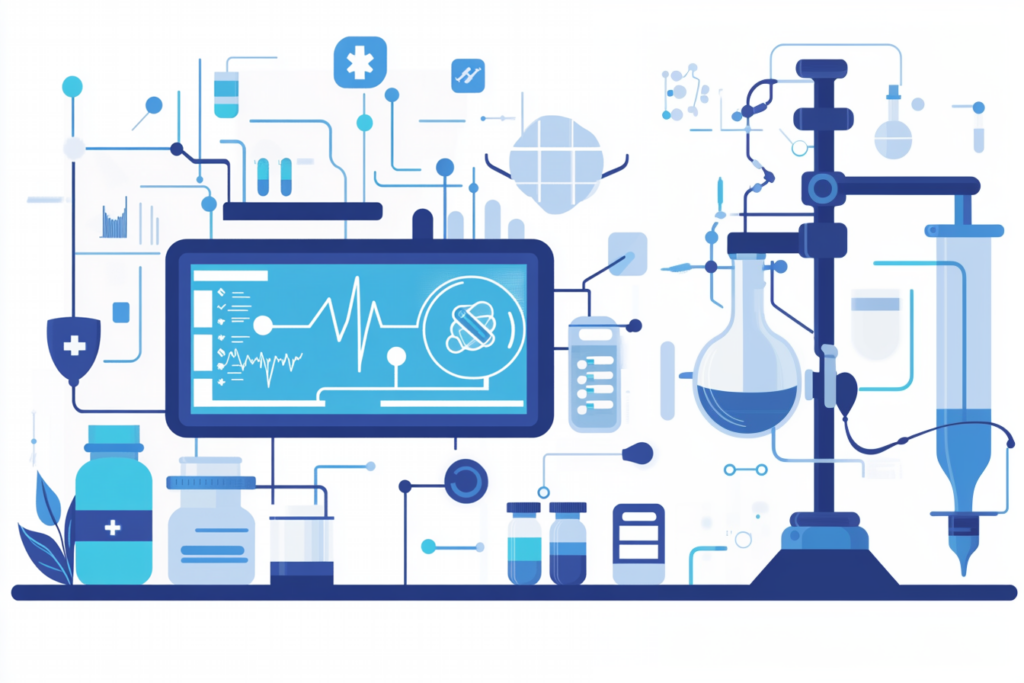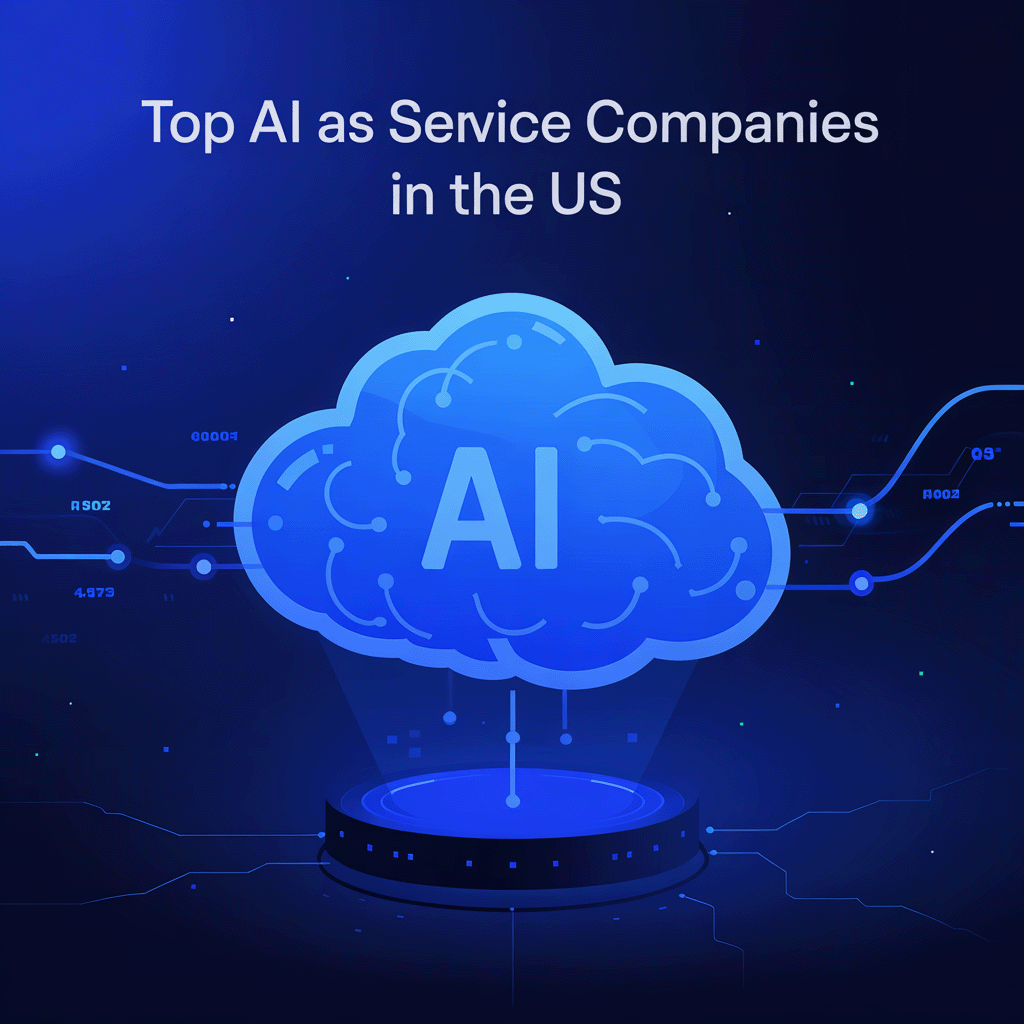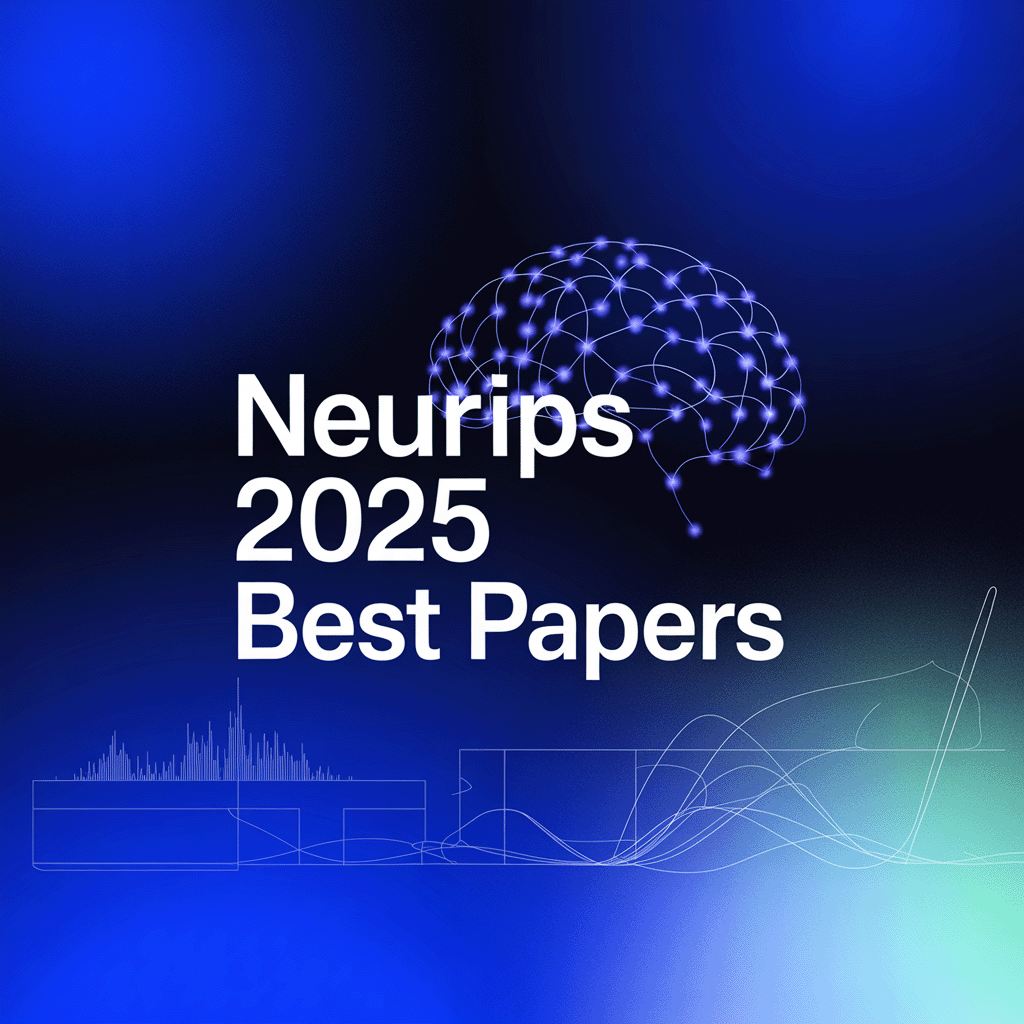Artificial intelligence has revolutionized the pharmaceutical industry and continues to do so by improving efficiency and innovation. With the ever-increasing complexity of drug development and the rising demand for personalized medicine, the technology offers a range of solutions that significantly enhance results.
This article explores nine key use cases of AI in the pharmaceutical industry, illustrating their pros and cons, success stories, and much more.
Why Consider AI in Pharmaceuticals?
The market of AI in pharmaceuticals is expected to rise from $699.3 million in 2020 to nearly $2.9 billion by 2025. What’s more, the Artificial Intelligence pharmaceutical market is expected to grow at a CAGR of 42.68%, which means about $15 billion from 2024 to 2029.
AI has already contributed significantly to drug discovery and development, especially during the COVID-19 pandemic. Using AI, pharmaceutical companies can refine clinical trials, customize medicine according to patient data, and boost manufacturing processes. This will reduce the costs and time required for novel drugs to reach the market.
With continuous evolution, AI integration will become crucial for businesses in the pharmaceutical sector to gain a competitive edge.

9 Use Cases of AI in the Pharmaceutical Industry: An Overview
Before we delve into the details of each use case, here is an overview of the nine use cases that this blog will feature.
|
Use Case |
Description |
Benefits |
|
Drug Discovery |
Biological data analysis to find out potential drug candidates more effectively |
Reduces time and costs associated with research and development and boosts the discovery process |
|
Clinical Trials Optimization |
Data management, patient recruitment, and trial design optimization |
Enhances patient retention, improves efficiency, and decreases trial costs and timelines |
|
Personalized Medicine |
Clinical and genetic data analysis for customized treatments for patients |
Personalized therapy reduces adverse effects and boosts treatment efficiency |
|
Drug Repurposing |
Identification of new uses of existing drugs |
Minimizes research costs and time required for developing new drugs |
|
Pharmacovigilance |
Real-world data monitoring to identify adverse drug reactions after marketing |
Enhances patient safety by timely identification of novel trends and side effects |
|
Supply Chain Management |
Demand anticipation and optimization of inventory levels |
Ensures timely medicine availability, improves efficiency, and minimizes waste |
|
Marketing Strategies |
Market trends and customer data analysis to refine marketing campaigns for upcoming drugs |
Boosts market reach and promotional effort effectiveness |
|
Drug Manufacturing |
Quality control systems and predictive maintenance |
Guarantees product quality, decreases downtime, and boosts production |
|
Regulatory Compliance |
Automation of monitoring processes and documentation to guarantee adherence to regulations |
Reduces compliance risks |
1. Drug Discovery
AI solutions for pharma address the usual challenges like high failure rates, lengthy timelines, and hefty costs. The traditional process generally takes more than a decade and can cost billions of dollars, mainly because of the extensive screening processes and testing of potential drug candidates.
AI technologies like machine learning can boost the process of analyzing large datasets, which improves target determination and compound selection.
Key Features
-
Molecular Simulations: Performs virtual experiments to anticipate the behavior of drug candidates without the need for physical testing.
-
Deep Learning: Uses neural networks to model complex relationships within biological data.
-
Machine Learning: Machine learning in the pharmaceutical industry analyzes a range of datasets to recognize patterns and predict drug interactions.
Pros and Cons
|
Pros of Using AI in Drug Discovery |
Cons of Using AI in Drug Discovery |
|
Recognizes new compounds |
Requires large amounts of data for training |
|
Improves prediction accuracy |
Depends on trained data quality |
|
Significant cost reduction |
May result in the overfitting of models |
|
Faster drug development |
Limited result interpretation |
Case Studies
-
Exscientia: In 2020, the company introduced the first AI-designed drug molecule to enter human clinical trials, demonstrating the potential for quick development.
-
Insilico Medicine: The company reported the initiation of Phase 1 trials for a molecule discovered by AI in 2022, majorly reducing its traditional timelines.
Ideal For: Research institutions, biotech startups, and pharmaceutical companies seeking innovation of their drug discovery processes while reducing timeframes and costs significantly.
2. Clinical Trials Optimization
Clinical trials are crucial to evaluate the efficacy and safety of new and upcoming treatments, medical devices, and drugs. They are the core of medical research. However, companies generally face problems related to clinical trials due to their high costs and lengthy recruitment processes.
When AI in pharmaceuticals is used for this purpose, it improves accuracy and efficiency across several stages, especially in data management, trial design, and candidate recruitment.
Key Features
-
Automated Data Management: AI automates data monitoring and collection, significantly reducing administrative burdens and enhancing data integrity.
-
Natural Language Processing: NLP tools extract the necessary patient data from unstructured datasets.
-
Predictive Analytics: AI analyzes massive datasets from electronic health records to find potential participants.
Pros and Cons
|
Pros of Using AI in Clinical Trials |
Cons of Using AI in Clinical Trials |
|
Improves data accuracy |
Requires ongoing monitoring |
|
Minimizes administrative workload |
Extremely high initial costs |
|
Faster patient recruitment |
Data bias can impact results |
Case Studies
-
According to a study on the role of artificial intelligence in hastening time to recruitment in clinical trials, “The ACTES was fully integrated into the pediatric ED at Cincinnati Children’s Hospital and was successfully able to recommend potential candidates for clinical trials.”
-
Recently, according to an Avenga article, TrialGPT was “designed to improve matching patients with suitable clinical trials.” It further states, “The researchers tested TrialGPT on a large dataset of patients and clinical trials, and found that it performed well. TrialGPT’s explanations closely matched those of human experts, and the system was effective at ranking trials and excluding those that patients wouldn’t be eligible for.”
Ideal For: Clinical research organizations and pharmaceutical companies looking to improve participant engagement and trial efficiency.

3. Personalized Medicine
AI pharmaceutical companies personalize medicines according to the patient’s lifestyle, environment, and genetic factors. The approach is focused entirely on reducing side effects while improving treatment efficiency.
Key Features
-
Predictive Modeling: AI anticipates individual responses to treatments according to their historical data.
-
Health Data Integration: AI systems integrate various health data sources to form comprehensive patient profiles and improve treatment plans.
-
Genomic Data Analysis: AI algorithms analyze genetic data to determine possible treatment responses.
Pros and Cons
|
Pros of Using AI in Personalized Medicine |
Cons of Using AI in Personalized Medicine |
|
Improved patient engagement |
Ethical issues concerning genetic data |
|
Lesser side effects |
Limited tailored treatments |
|
Higher treatment efficiency and effectiveness |
High testing costs |
Case Studies
Whether it is diabetes management or breast cancer treatment, tailored therapies have proven to be beneficial. For diabetes, approaches related to genetic profiling have resulted in better control of blood sugar levels.
Ideal For: Pharmaceutical businesses and healthcare providers seeking the development of targeted therapies for chronic ailments.
4. Drug Repurposing
In this case, AI pharma companies focus on exploring new uses of existing medications. This can significantly minimize the cost and time associated with developing a new drug. In fact, it is a highly valued strategy since it leverages current safety profiles and efficacy information, enabling faster market entry.
Key Features
-
Network Analysis: AI determines relationships between diseases and drugs through complex biological networks.
-
Machine Learning: These models anticipate drug efficacy and interactions in various conditions according to historical data.
-
Data Mining: AI analyzes a range of datasets from EHRs to clinical trials to discover possible new applications of existing drugs.
Pros and Cons
|
Pros of Using AI in Drug Repurposing |
Cons of Using AI in Drug Repurposing |
|
Established safety profiles |
Needs extensive validation |
|
Lower research costs |
Potential patent problems |
|
Faster development |
The limited scope of existing medicines |
Case Studies
-
Thalidomide was repurposed from a sedative to multiple myeloma treatment.
-
Viagra or Sildenafil was repurposed for erectile dysfunction treatment from a cardiovascular drug.
Ideal For: Pharmaceutical companies that want to lower development risk while expanding their current drug portfolios.
5. Pharmacovigilance
Pharmacovigilance is the science concerning the detection, understanding, assessment, and prevention of any drug-related issues like side effects. Its significance lies in guaranteeing safety after marketing, further safeguarding public health by regular monitoring.
Key Features
-
Automated Reporting Systems: AI in the pharmaceutical industry improves the reporting process by automatically producing reports according to the analyzed data.
-
Signal Detection Algorithms: The algorithms identify patterns that may imply safety concerns or adverse reactions related to the drug.
-
Real-Time Data Analysis: AI systems analyze large datasets of post-market surveillance data to promptly detect possible safety problems.
Pros and Cons
|
Pros of Using AI in Pharmacovigilance |
Cons of Using AI in Pharmacovigilance |
|
Continuous monitoring |
Reliance on data quality |
|
Higher reporting efficiency |
Data privacy concerns |
|
Improved identification of safety signals |
Possible false positives |
Case Studies
-
IBM Watson has been used to analyze social media and clinical literature to detect adverse events in real time.
-
The FDA’s Sentinel Initiative uses AI to monitor drug safety across mass populations in an effective manner.
Ideal For: Regulatory bodies that are focused on ensuring drug safety.
6. Supply Chain Management
When it comes to supply chain management, there are several challenges facing the pharmaceutical industry, such as logistical difficulties, inventory management problems, and demand prediction inaccuracies. However, effective management is essential to ensure timely delivery of medicines while lowering costs. This is where artificial intelligence steps in.
Key Features
-
Predictive Analytics: AI analyzes historical sales data, external factors, and market trends to predict medication demand.
-
Inventory Optimization: ML algorithms refine stock levels according to the forecasted demand patterns.
-
Logistics Management: AI enhances transportation logistics and route planning to focus on the timely delivery of products.
Pros and Cons
|
Pros of Using AI in Supply Chain Management |
Cons of Using AI in Supply Chain Management |
|
Minimized waste as a result of improved inventory management |
Reliance on the accuracy of data inputs |
|
Better operational efficiency |
Integration complexity |
|
Enhanced forecast accuracy |
High initial costs |
Case Studies
-
Johnson & Johnson leveraged predictive analytics to enhance its distribution network.
-
Pfizer established a supply chain solution based on AI that greatly increased its inventory turnover rates.
Ideal For: Businesses in the pharmaceutical sector focused on improving operational efficiency while minimizing costs.
7. Marketing Strategies
It is crucial for businesses in the pharmaceutical industry to use well-defined marketing strategies to promote novel drugs while adhering to regulatory guidelines. Besides, effective marketing ensures that healthcare professionals and patients are informed about the up-and-coming treatments.
Key Features
-
Customer Segmentation: Artificial intelligence in pharma analyzes behavioral and demographic datasets to categorize audiences effectively.
-
Sentiment Analysis: Natural language processing tools determine public sentiment regarding drugs by social media monitoring.
-
Targeted Advertising: ML algorithms refine ad placements according to users’ behavioral patterns.
Pros and Cons
|
Pros of Using AI in Marketing |
Cons of Using AI in Marketing |
|
Performance tracking in real-time |
Reliance on quality data |
|
Increased ROI on marketing campaigns |
Regulatory compliance issues |
|
Better targeting capabilities |
Risk of overly segmenting data |
Case Studies
-
Roche implemented sentiment analysis tools that navigated their marketing strategies at the time of product launches.
-
Novartis used machine learning algorithms to customize marketing messages, particularly to healthcare providers, according to their prescribing habits.
Ideal For: Marketing teams in the pharmaceutical sector looking for ways to improve their outreach strategies.
8. Drug Manufacturing
The process of manufacturing pharmaceuticals is extremely complex and requires strict quality control measures. Innovation in the pharmaceutical industry is crucial to ensure product quality while maintaining efficiency, especially in this process. In such a scenario, AI has proven to be helpful.
Key Features
-
Process Automation: Artificial intelligence in pharmaceutical manufacturing automates mundane and repetitive tasks within processes, enhancing efficiency.
-
Predictive Maintenance: Machine learning algorithms forecast equipment failures before they occur, significantly reducing downtime.
-
Quality Assurance Analytics: Advanced analytics monitor production quality in real time, guaranteeing compliance with regulatory standards.
Pros and Cons
|
Pros of Using AI in Drug Manufacturing |
Cons of Using AI in Drug Manufacturing |
|
Minimized waste |
Possibility of resistance to change |
|
Improved quality control |
Skilled professionals required |
|
Higher efficiency |
Higher initial costs |
Case Studies
-
AstraZeneca employed an AI system that decreased production downtime by forecasting equipment failures with high accuracy.
-
Merck used machine learning models that improved product quality by recognizing defects during production.
Ideal For: Pharmaceutical manufacturers seeking operational efficiency while ensuring high product quality.
9. Regulatory Compliance
The ever-changing regulations make regulatory compliance among the key challenges in the pharmaceutical industry. Nonetheless, ensuring adherence to these regulations is extremely critical to maintaining access to the market and protecting the public’s health. With the stakes being so high, why not consider using technology to ensure this compliance?
Key Features
-
Automated Documentation: AI systems automate the production and management of regulatory compliance documentation.
-
Regulatory Intelligence Tools: These tools evaluate the changes in regulations across the globe, assisting businesses to stay compliant with the updated laws.
-
Risk Assessment Algorithms: ML models analyze compliance risks according to historical data.
Pros and Cons
|
Pros of Using AI in Regulatory Compliance |
Cons of Using AI in Regulatory Compliance |
|
Proactive risk management |
Requires continuously staying updated |
|
Saves time |
Possible technological over-dependence |
|
Higher accuracy |
Implementation is challenging |
Case Studies
-
GSK used an automated compliance system that minimized documentation errors that generally occurred while performing audits.
-
Bayer employed regulatory intelligence tools that improved their compliance processes in several areas.
Ideal For: AI pharma companies, particularly regulatory affairs teams, focused on improving compliance adherence.
Wrapping Up
Using AI in the pharmaceutical industry can be highly transformational for businesses. Companies in the industry can integrate the technology in drug discovery, drug repurposing, optimizing clinical trials, pharmacovigilance, tailoring medicines, managing supply chains, forming marketing strategies, manufacturing, and even regulatory compliance to improve efficiency and accuracy.
As we move forward, the role of AI will continue to improve within the industry, leading to enhanced healthcare worldwide. If you want to employ AI in your pharmaceutical business, LITSLINK offers services that can help you seamlessly integrate the technology into your operations based on your goals.





